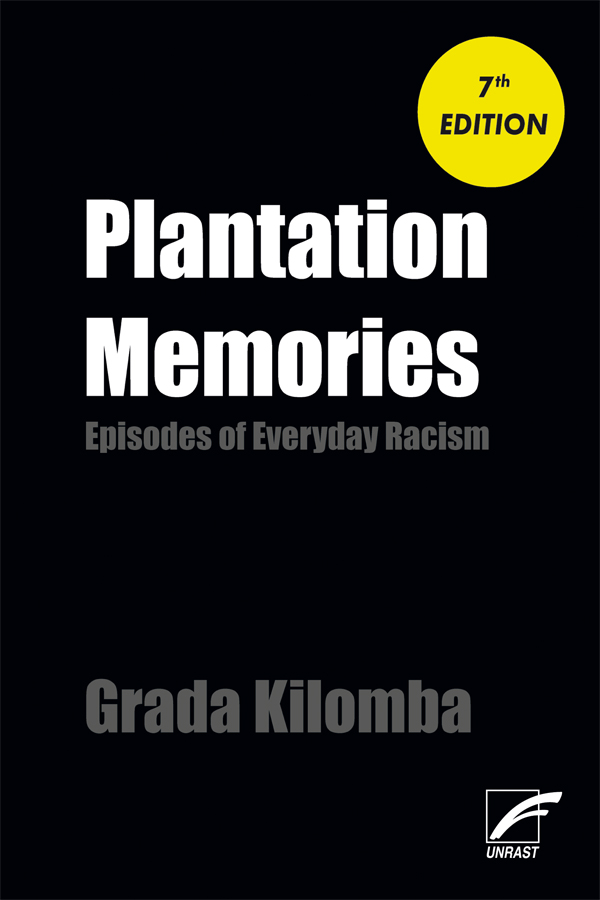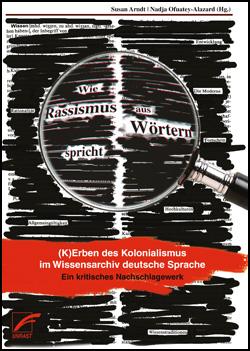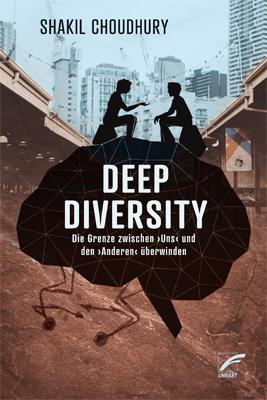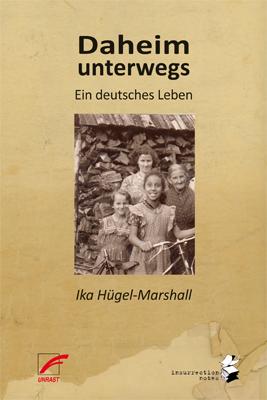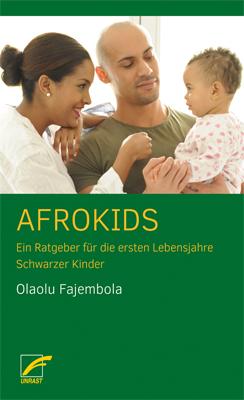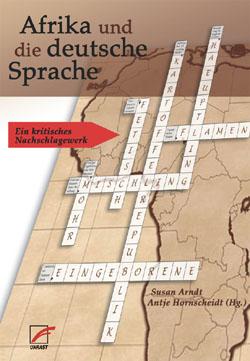Plantation Memories ist eine Zusammenstellung kurzer psychoanalytischer Geschichten über Episoden des alltäglichen Rassismus. Von der Frage “Woher kommst du?” über Haarpolitik bis hin zum N-Wort ist das Buch ein starkes, eloquentes und ausgefeiltes Stück, das die Normalität des alltäglichen Rassismus dekonstruiert und die Gewalt aufzeigt, die ›Othering‹ mit sich bringt.
Auf den Internationalen Literaturfestspielen in Berlin (2008) erstmals veröffentlicht, erfuhr Plantation Memories bald internationale Anerkennung und wurde Bestandteil zahlreicher akademischer Lehrpläne. Bekannt für ihre subversive Praxis, ihren eigenen Texten Körper, Stimme und Bild zu geben, adaptierte Kilomba ihr Buch in eine inszenierte Lesung (2012) und Videoinstallation (2018).
»›Plantation Memories‹ ist für viele von uns zu einer entscheidenden Ressource der Navigation [durch das] geworden, […] was Kilomba als ›kontinuierliche Neuinszenierung der kolonialen Ordnung‹ bezeichnet.« – Gabi Ngcobo
»Kilomba schafft einen Raum des Widerstands und letztlich einen Raum der Hoffnung: eine neue Geographie der Zukunft.« – Alfredo Jaar
Plantation Memories is a compilation of episodes of everyday racism written in the form of short psychoanalytical stories. From the question »Where do you come from?« to Hair Politics to the N-Word, the book is a strong, eloquent, and elaborate piece, which deconstructs the normality of everyday racism and exposes the violence of being placed as the Other.
Released at the Berlin International Literature Festival (2008), soon the book became internationally acclaimed and part of numerous academic curricula. Known for her subversive practice of giving body, voice and image to her own texts, Kilomba adapted her book into a staged reading (2012) and video installation (2018).
»›Plantation Memories‹ has become for many of us, one of the critical resources for navigating […] what Kilomba describes as the ›continuous restaging of the colonial order‹.« – Gabi Ngcobo
»Kilomba creates a space of resistance, and ultimately a space of hope: a new geography of the future.« – Alfredo Jaar


